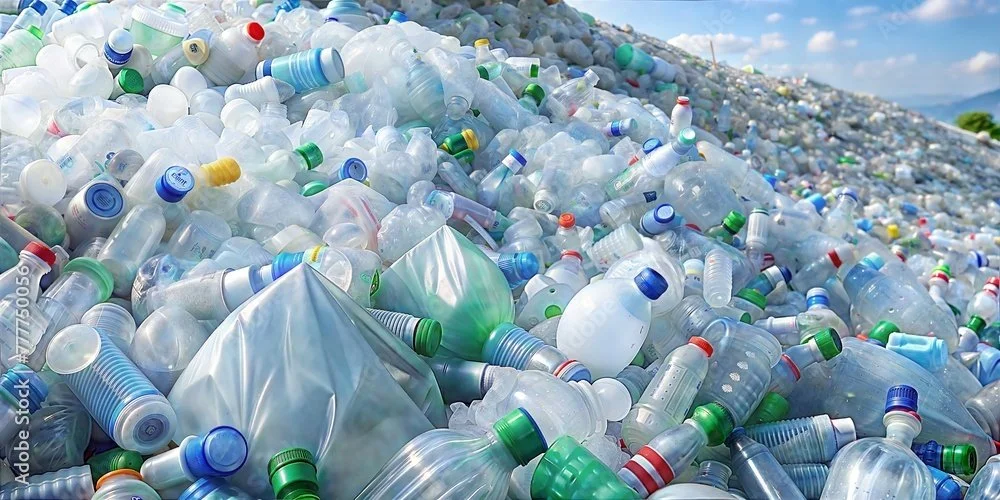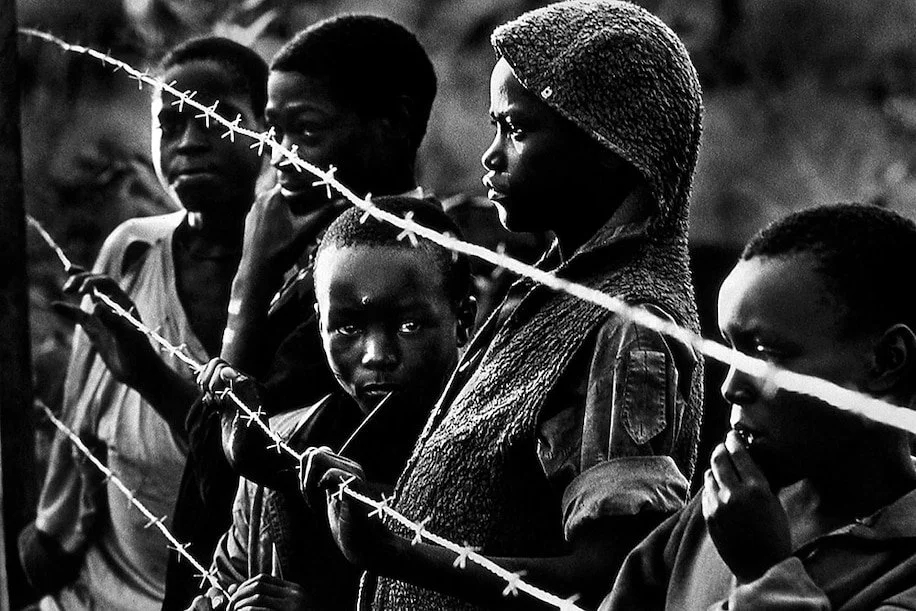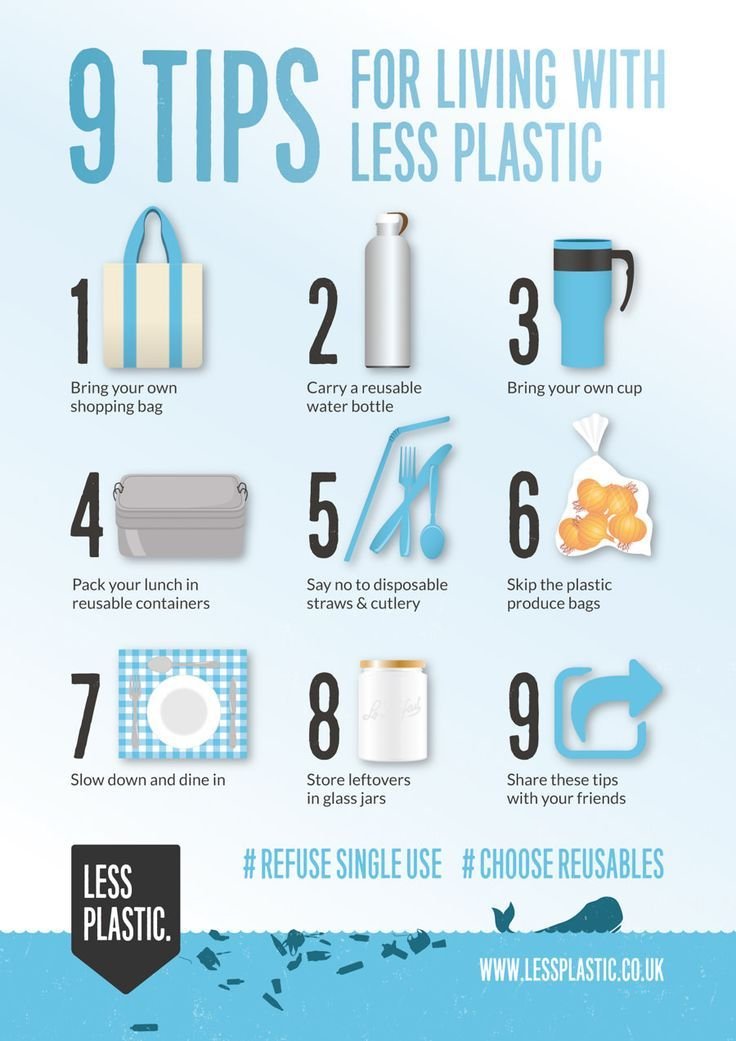Where Plastic is Prohibited
PLANET EARTH — 2025 — Plastics are piling up. Straws, cups, containers, and especially plastic bags are found everywhere from the trail up Mount Everest to the bottom of every ocean. Each year, some 400 million tons of plastic is pumped out, used mostly once, and discarded.
“Our only hope,” comedy writer Mason Williams once quipped, “is that our whole society becomes so plastic we can just throw it out.” But another hope is spreading, a hope that started in the most unlikely countries.
In 2002, Bangladesh passed the first country-wide ban on plastic bags. The bags had been clogging drains throughout the river-strewn country, increasing flooding, claiming lives. Yet Bangladesh’s ban has waxed and waned with political change. It took another developing country to ban plastics and make the ban stick.
Though sometimes called “the land of a thousand hills,” Rwanda is better known for the horrific genocide that claimed a million lives there in 1994. The landlocked country in central Africa responded to that blood-letting with major changes in politics, culture, and economy.
Women, now guaranteed nearly one-third of all seats in Rwanda’s parliament, currently comprise 64 percent of lawmakers. In 2007, the country banned the death penalty. And in 2008, while the rest of the world was sipping, shopping, and piling up the plastic, Rwanda banned plastic bags.
Tourists coming to see Rwanda’s giraffes and gorillas, were shocked when their luggage was searched not for drugs or weapons but for plastic. Local shoppers resisted at first, buying bags on the black market. But a $60 fine for carrying a plastic bag made everyone consider reusable bags made of local jute or bamboo. A nationwide campaign on TV and radio summed up the simplicity. “What plastics do, paper and wood can.”
Still, many doubted that Rwanda, home to just 12 million, the vast majority subsistence farmers, could outdo Europe when it came to going green. But plastics in Rwanda were more than mere litter.
A 2004 study of Rwanda’s countryside detailed the danger in a simple plastic bag. Rose Mukankomje, director of the Rwanda Environmental Management Authority recalled: “Layers of plastic were found under the surface and in our soil, hindering agricultural production in Rwanda, as plants cannot grow with their roots past the plastic. Our water sources were becoming highly polluted with plastic being found inside many dead fish.”
Rwanda has plenty of problems, including persistent poverty, human rights abuses, and its unfair share of corruption. But plastic is not among those problems. Walk through the streets of Kigali, Rwanda’s modern capital, and you won’t see a single straw, bag, or errant cup. You won’t even see trash cans.
In Africa’s cleanest capital, waste is recycled by more than a dozen private companies. And on the last Saturday of every month, every Rwandan aged 18 to 65 participates in Umuganda. The ritual, whose meaning is “coming together in common purpose,” features a traffic-free morning clean-up of local trash. Throw in Kigali’s twice monthly Car Free Days and the message is clear:
Rwanda’s simple ban of 2008, extended in 2019 to include plastic straws, cups and other “single use” crap the rest of the world discards by the ton, is working.
But the rest of the world is catching up. Bans, usually starting with thin bags, were implemented in China (2008), Kenya (2017), the entire EU (2019) and some two dozen other countries since 2020. Other nations, such as Denmark and Ireland, are slapping fees on bag use. In all, 127 countries are phasing out plastic bags. And the US?
Plastic is made from oil. Laws are made — well, you don’t want to know. So a federal ban on plastic bags is not coming any time soon. Yet following the lead of California (2014), nine other states have benned the bags. Is it enough?
Wherever bag bans have been studied, use has decreased by 70 percent or more. Yet banning thin plastic bags backfires if you just use thicker plastic or paper bags one after another. That’s why the greenest of the green, from Kigali to San Francisco, shop with reusable bags. And don’t use plastic straws. And carry their own cups for coffee and Coke, etc.
And you? Plastics are piling up.
“Rwanda shows the world the audacity of human hope towards a future free from plastic pollution,” the United Nations Development Program said. “With commitment, hard work and collective actions, we can and must make it a reality.”









